The Dark Arts in a Modern Context: How to Sample Vinyl
Vinyl sampling is a practice we’ve used in music for decades. From the days of tape loops to the era of digital samplers and beyond, sampling remains an important aspect of modern music production. Let’s take a look at how to sample vinyl!
You’d think that in the age of digital music, vinyl would be completely redundant. However, there is still a portion of music released exclusively on vinyl today.
Moreover, if that doesn’t excite the crate diggers, there is plenty of vinyl on Discogs that does not exist on digital platforms and more still that has yet to be catalogued.
How to Sample Vinyl
There are a number of different workflows you can use, so we’ll discuss a few and find out more about various tools you can use to ensure the quality of your end results.
Turntable
While you could get by sampling with a USB turntable and bypassing more complex workflows, this doesn’t guarantee good results. If you’re looking for warmth and dynamics, it won’t come from an integrated USB interface.
Moreover, having a turntable that allows you to precisely control the playback speed of the record is incredibly useful for sampling. This is why DJ turntables like Audio-Technica AT-LP140XP offer the most flexibility for this purpose.
With three different pitch control levels and three playback speeds, you’re equipped to handle records from almost any era.
- More from Audio-Technica

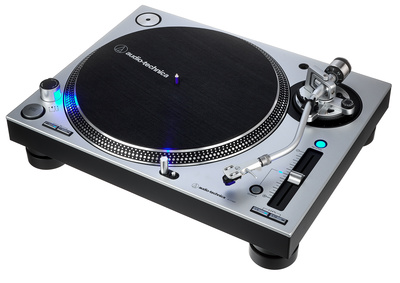
Cartridge
A cartridge is a gateway between a record and your sampling signal chain. While it may not be necessary to have a high-end cartridge or tonearm simply for the purpose of sampling vinyl, it can save you time and money.
The better the quality of your pickup system, the less processing your audio will need on the way in or in post-production. In addition, using a cheap stylus can actually shorten the life span of your favourite records, so keep this in mind.
The Ortofon Scratch is a DJ cartridge with excellent sound reproduction and the replaceable spherical stylus allows easy back-cueing, which is not possible with an elliptical stylus.

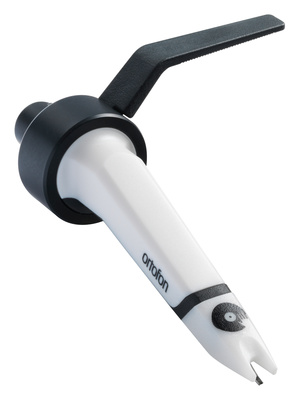
Phono Stage
Why do you need a phono stage? Because of the RIAA equalization curve standard used by vinyl records. Due to the nature of the playback system we use to listen to vinyl, any record produced after 1954 requires RIAA equalization for accurate playback.
Do you need to rush out and spend thousands on a high-end phono stage? No, luckily, the compact Radial J33 does the job far more affordably. Moreover, the XLR outputs make it easy to run directly into your preamps so you can manage your input level more easily.
Here, you can also add your studio hardware to the signal path. Your stereo preamps, EQs, and leveling amplifiers can be used to really shape the sound going in.
- More from Radial Engineering

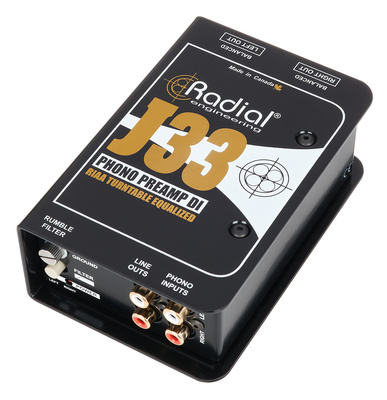
Audio Interface
Whether you choose a budget option or a more high-end one, having an interface with decent preamps with accurate gain controls, and a quality conversion stage will ensure your sampling setup yields good results in your DAW.
Depending on the material you’re sampling, you may want it completely clean or slightly coloured. Luckily, the Volt 276 has preamps integrated vintage mode as well as integrated 1176 modeled compressors which can be very useful here.
Once recorded in, you can then edit, slice, and otherwise mould the sampled audio to fit your production workflow.
- More from Universal Audio

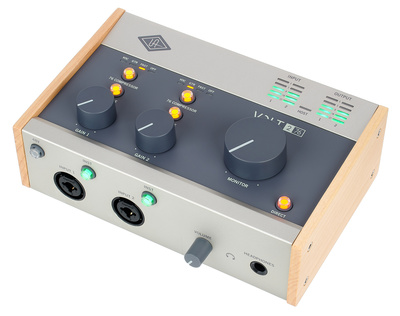
Sampler
When you’ve isolated your samples you might wanna go old-school with your beat creation, or just bypass a DAW altogether. A groovebox like the Digitakt gives you a standalone creative workstation for sample-based production.
Not only do you have extensive sample editing capabilities, but you also get sound design tools and a powerful sequencing engine. In addition, Overbridge mode adds plenty of flexibility with ways to manage your samples and projects.
There are many other options in different price ranges, but the Elektron Digitakt keeps showing up as the best all-round sampler. It’s surely earned its place as the modern-day MPC-60.
- More from Elektron

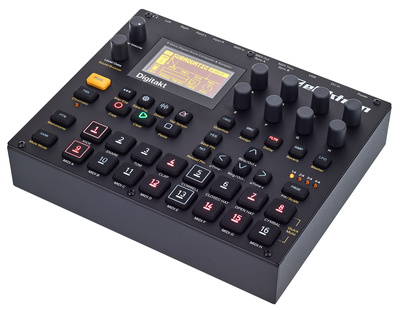
More about sampling:
- Getting the old-school sampler sound
- Thomann’s guide to turntables
Videos:
You are currently viewing a placeholder content from YouTube. To access the actual content, click the button below. Please note that doing so will share data with third-party providers.
You are currently viewing a placeholder content from YouTube. To access the actual content, click the button below. Please note that doing so will share data with third-party providers.
You are currently viewing a placeholder content from YouTube. To access the actual content, click the button below. Please note that doing so will share data with third-party providers.
*Note: This article contains promotional links that help us fund our site. Don’t worry: the price for you always stays the same! We will receive a small commission if you buy something through these links. We appreciate your support!
One response to “The Dark Arts in a Modern Context: How to Sample Vinyl”

 3,8 / 5,0 |
3,8 / 5,0 | 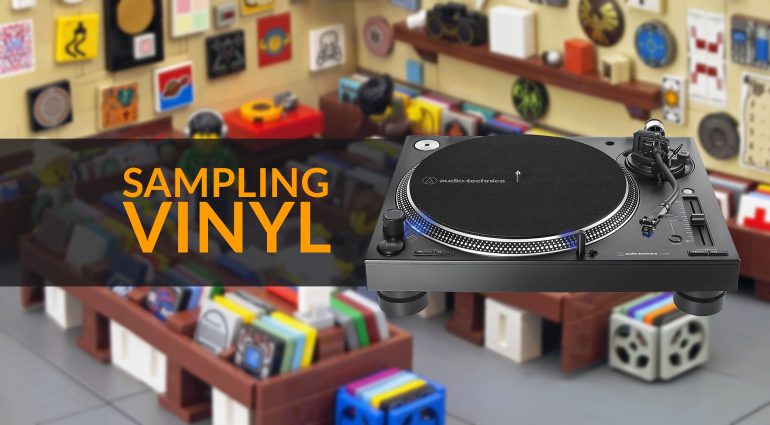

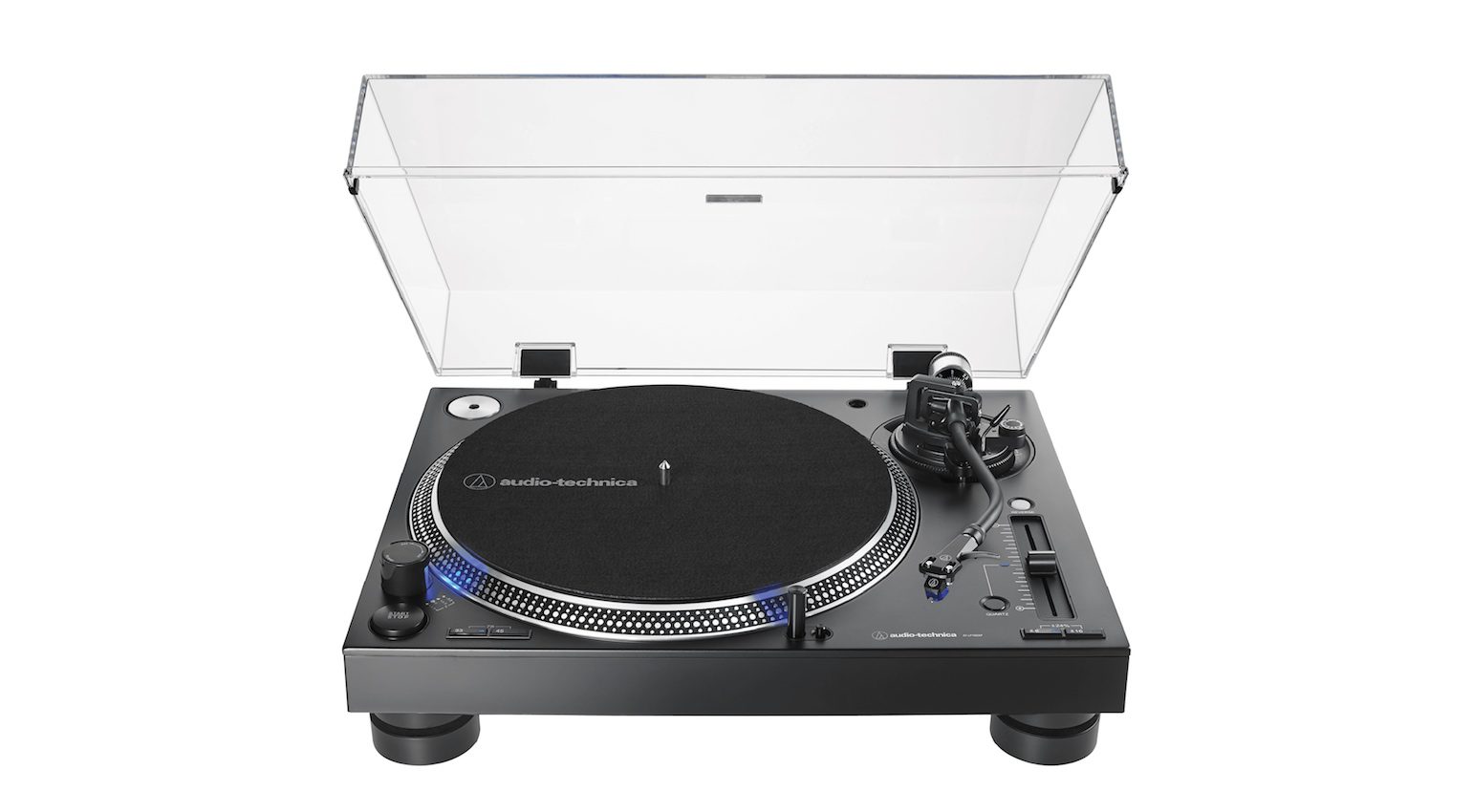

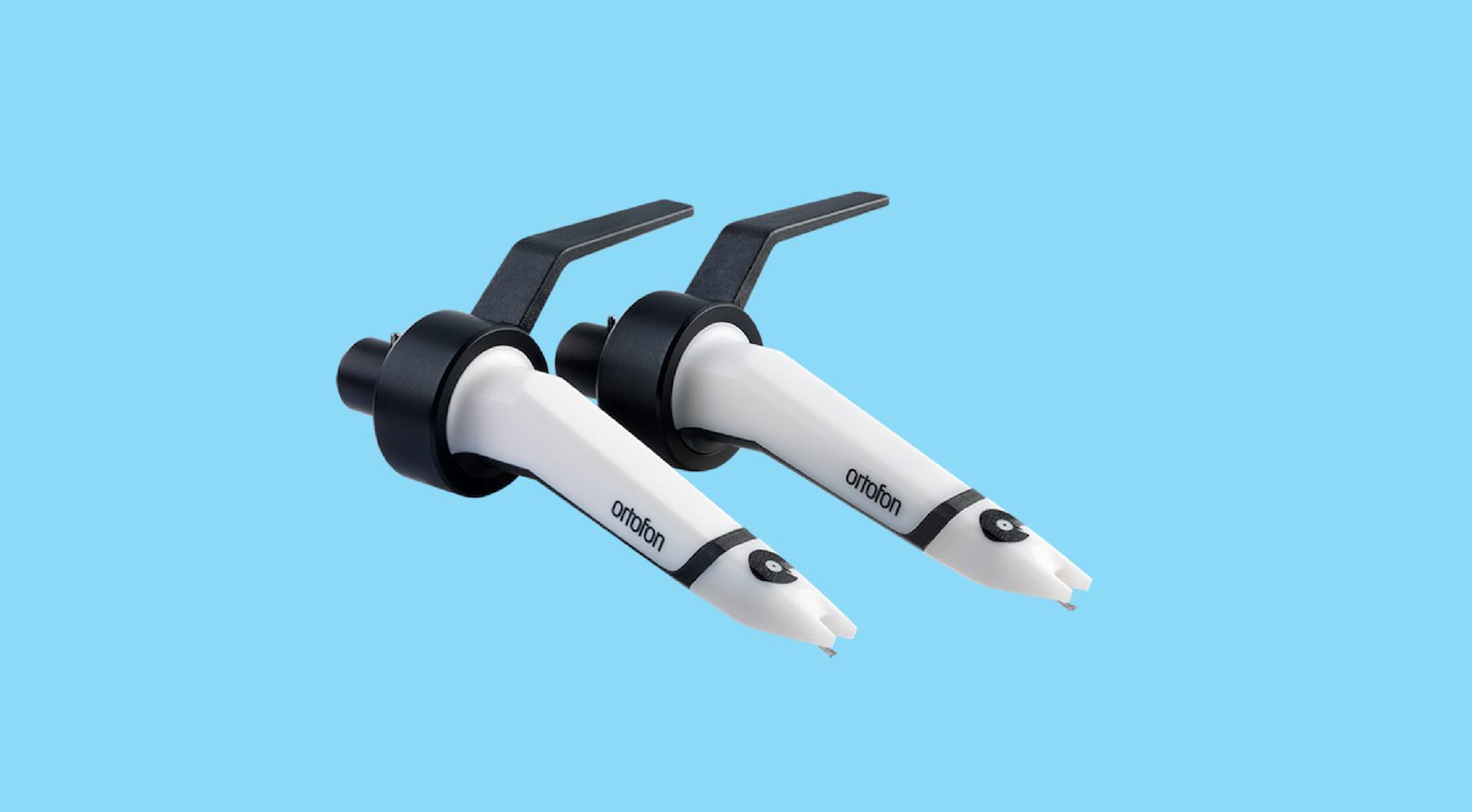
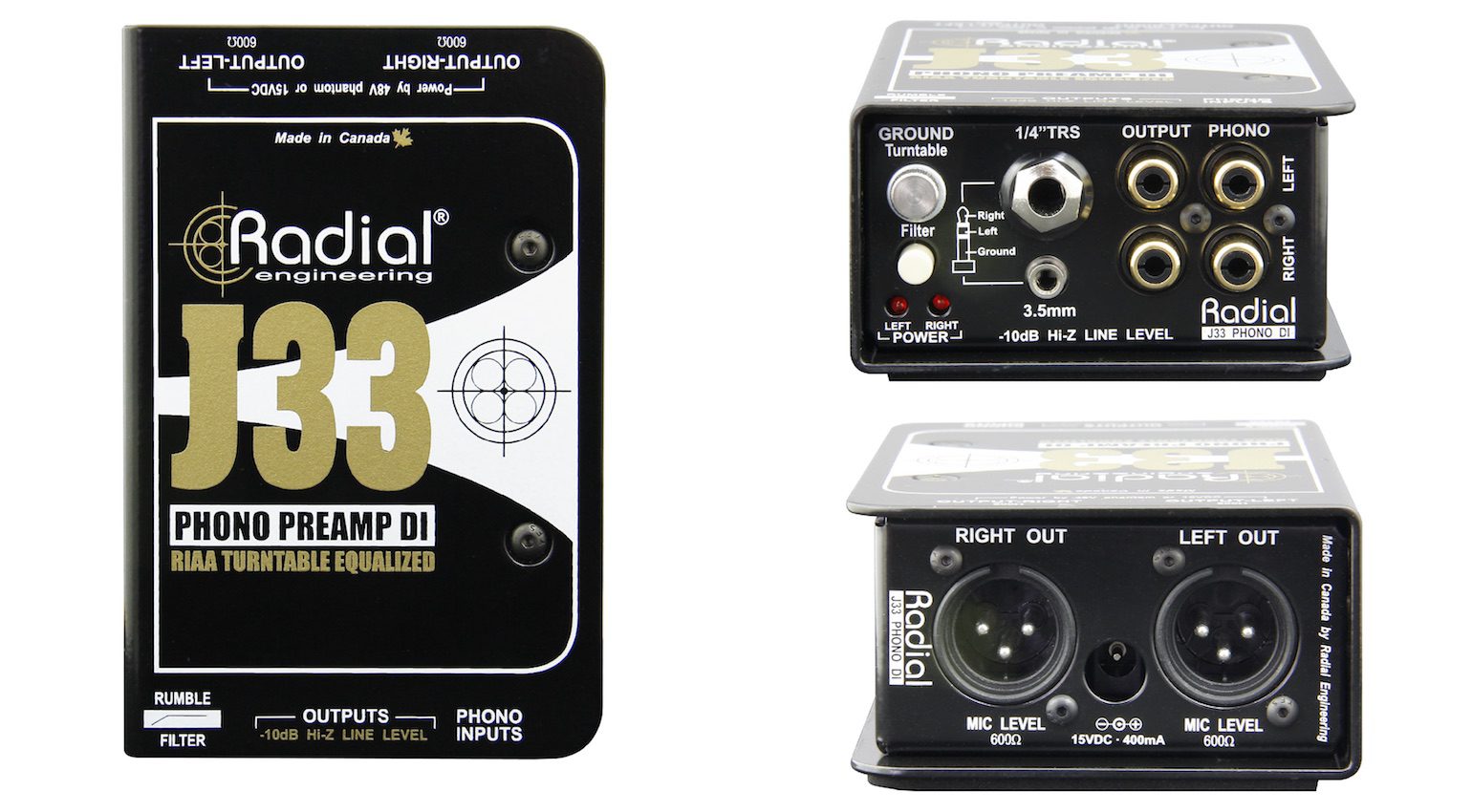

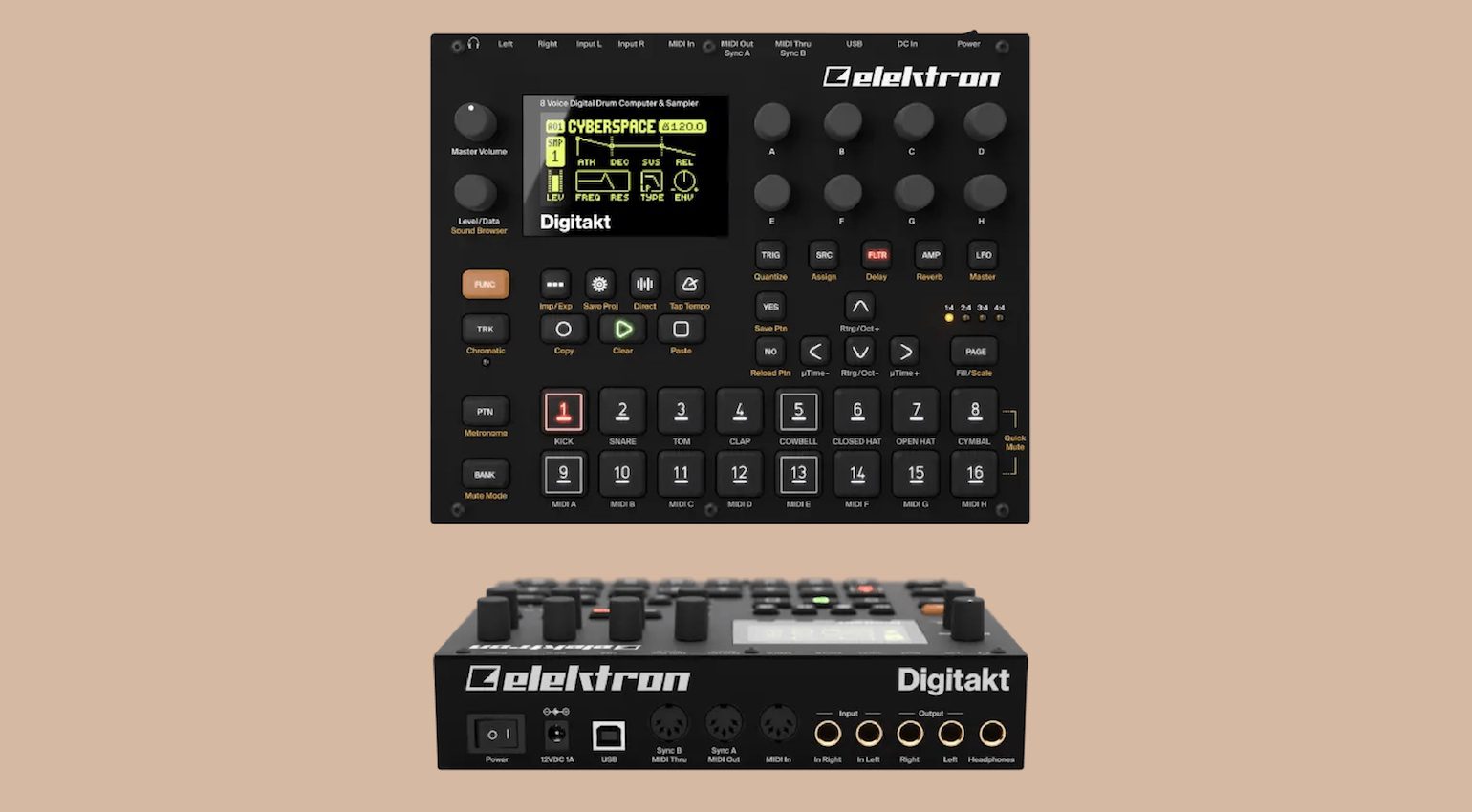
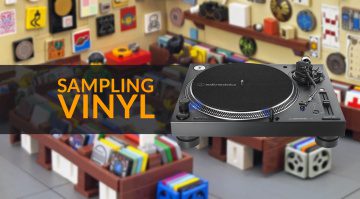

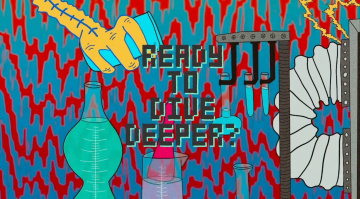
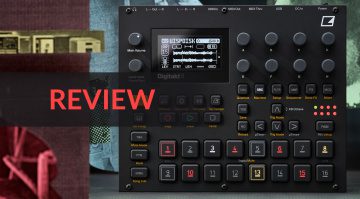
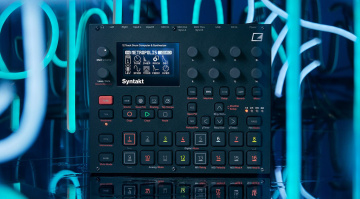
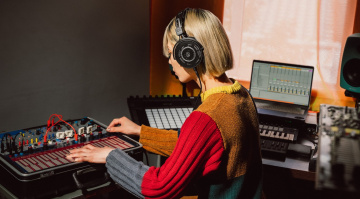

I’ve done my share of sampling vinyl.